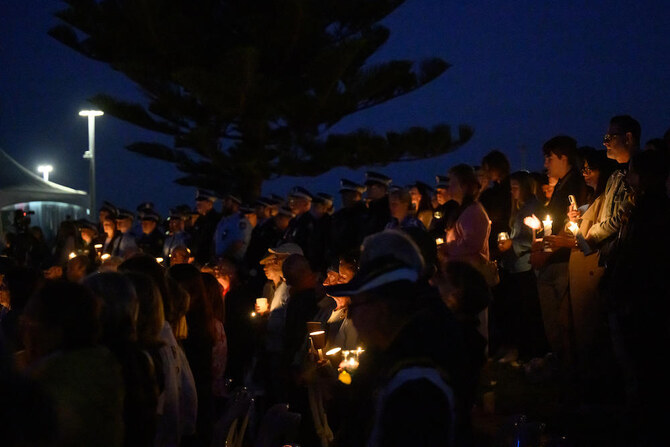SYDNEY: Australia’s center-left government on Thursday introduced new hate crime legislation that would impose criminal penalties including jail for offenders if they targeted a person’s race, gender, ethnic origin, religion or sexual orientation.
The bill comes as the government responds to a rise in hate incidents following the Israel-Gaza war, and follows landmark laws passed last year which banned the Nazi salute and public displays of terror group symbols.
“No Australian should be targeted because of who they are or what they believe,” Attorney-General Mark Dreyfus said in a statement.
“We proudly live in a vibrant, multicultural and diverse community which we must protect and strengthen.”
The bill proposes jail sentences of up to five years for anyone threatening to use force or violence against a group or person, and if a person fears that the threat would be carried out. Offenders could get seven years in jail if the threats pose a danger to the government.
The Labor government said it would also introduce a separate legislation on Thursday to tackle “doxxing,” the malicious release of anyone’s personal data online, threatening offenders with jail of up to six years.
Prime Minister Anthony Albanese in February promised to take steps to outlaw doxxing after names, social media accounts and other personal details of hundreds of Jewish Australians were published online by anti-Israel groups.
The anti-doxxing bill would include a provision for victims to sue for “serious privacy invasions” though journalists and intelligence agencies would be given exemptions.
Australia introduces bill to step up fight against hate crimes
https://arab.news/ppxdy
Australia introduces bill to step up fight against hate crimes

- The bill comes as the government responds to a rise in hate incidents following the Israel-Gaza war
- The Labor government said it would also introduce a separate legislation on Thursday to tackle ‘doxxing’
























